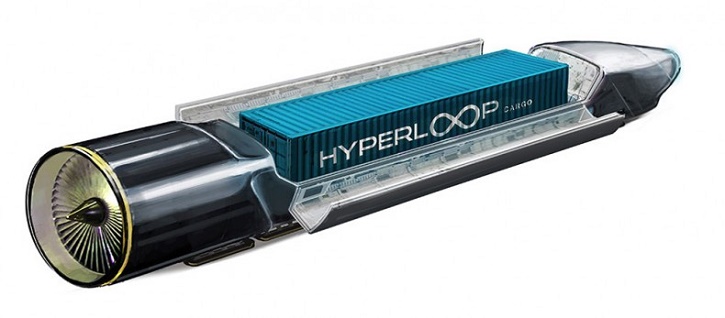This guest post comes to us from Argentus Supply Chain Recruiting, a boutique recruitment firm specializing in Supply Chain Management.
We’re always trying to stay on top of Supply Chain developments at Argentus. And this sometimes takes us into looking at the emerging technologies that are poised to have a significant impact on the function.
We’ve talked about 3D printing, self-driving cars, automation and other 21st-century developments that could transform the way that products are brought to market – as well as the job descriptions and career paths of the Supply Chain professionals who manage that process.
Discussions of emerging technologies in the Supply Chain might be a bit far afield from the world of talent that we deal with as a recruitment firm, but they’re not as far away as you might think: the last decade’s emerging technologies (eCommerce and big data analytics) have already completely upended the skillset required by Supply Chain professionals, and changed the function from a talent standpoint into something very different than it used to be. So it doesn’t hurt to see what’s on the horizon.
Enter Hyperloop. Hyperloop is a theoretical transportation technology, a long-awaited “fifth avenue” of transportation that uses vacuum tubes and linear induction motors to shuttle pressurized air capsules along a track, using a lack of friction to achieve speeds as high as 700 mph (approx. 1126km / h). The proposed first route between Los Angeles and San Francisco would cut travel times from 4 hours to 35 minutes. The idea sounds straight out of science fiction – like many of the other large-scale projects proposed and championed by its inventor, Elon Musk. But last week, Hyperloop had its first prototype test on an open track – and the test was successful – taking the idea from the realm of science fiction into actual possibility.
The idea of tubes whisking freight across the land at near-supersonic speeds smacks of an old-school image of the future. But it’s gained new prominence with some engineering advances, as well as the imprimatur of Musk, who’s gained tons of press for successfully disrupting the online payment, aerospace, and automotive industries. The Hyperloop project is also seeing substantial private sector investment. All these factors combined mean that this futuristic technology might not be as far away as it seems.
The CEO of the company behind the test (Hyperloop One) estimates that the system will be transporting cargo by 2019 and passengers by 2021. The fact that the CEO of the company leading the Hyperloop charge is committed to it being a freight transportation technology first, is pretty telling in our eyes: obviously, if it can ship freight, the Hyperloop project might have tremendous implications for the Supply Chain field, which (in large part) focuses on the efficient movement of material goods.
So what are the Supply Chain implications of this “fifth mode of transportation” beyond car, air, rail and water?
They might be hard to predict, but they also might be massive. For one thing, the technology’s immense speed would allow greater Supply Chain flexibility. The possibility of shipping goods at near-hypersonic speeds would obviously allow Supply Chains to be nimbler and more responsive. They might allow companies to carry less inventory – perhaps using Hyperloop to rapidly source whatever parts or raw materials that can’t be 3D printed. Because Hyperloop is an enclosed system (which is part of why it might be more expensive than estimated), a Supply Chain based on the technology might also be more impervious to freak weather events than road and air shipments are today, leading to greater Supply Chain resiliency.
If it ever gets off the ground, Hyperloop is slated to be solar-powered. Energy costs would be extremely low due to the lack of friction. As a result, the technology represents the greenest transportation method yet devised, which would make Supply Chains more sustainable. Call it pie in the sky, but these would be three significant improvements to some of the greatest challenges facing Supply Chain professionals today. We of course make no promises to be experts on a still mostly-theoretical (though less theoretical every day) form of transportation. And such a forward-thinking idea, as revolutionary as it is, probably won’t be as cheap or as easy to implement as its advocates claim. As the Economist says, cost estimates about the project’s implementation are “unlikely to be immune to the hypertrophication of cost that every other grand infrastructure project seems doomed to suffer.” The technology’s impact on the Supply Chain might be just as hard to predict as its cost at this point. I don’t think even the most forward-looking analysts fully grasped the way that the Internet would upend Supply Chains around the world.
But we’re interested in what Supply Chain and Logistics pros in our network have to say. So let us know in the comments: how do you see this technology disrupting the field in the next 5-10 years if it comes into reality?





Leave a Reply